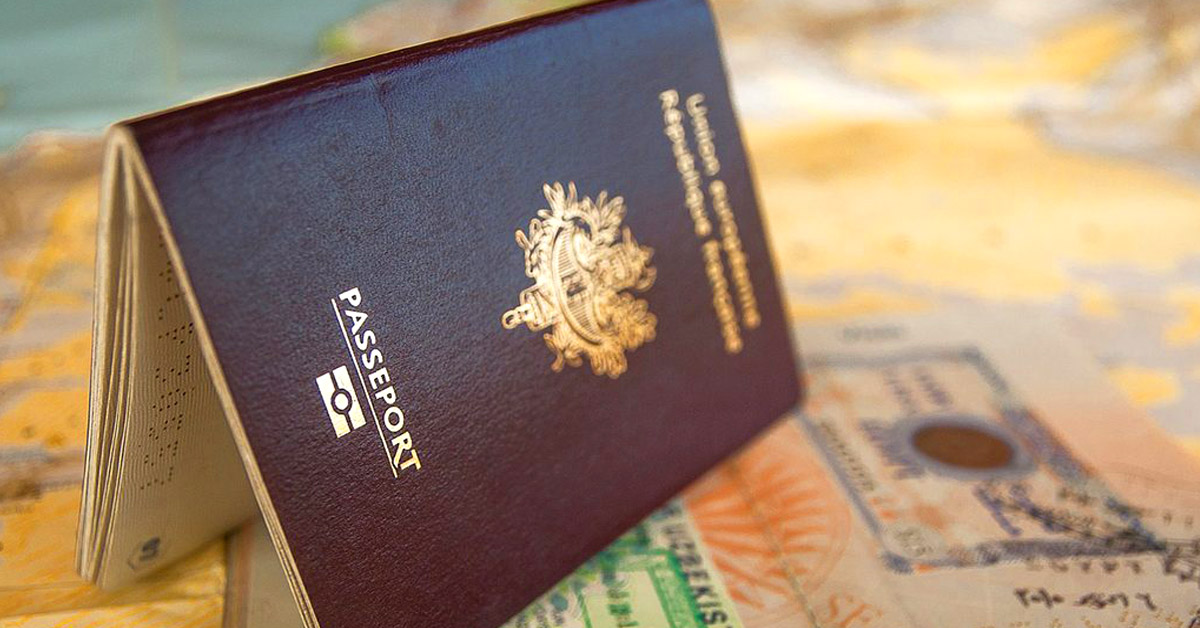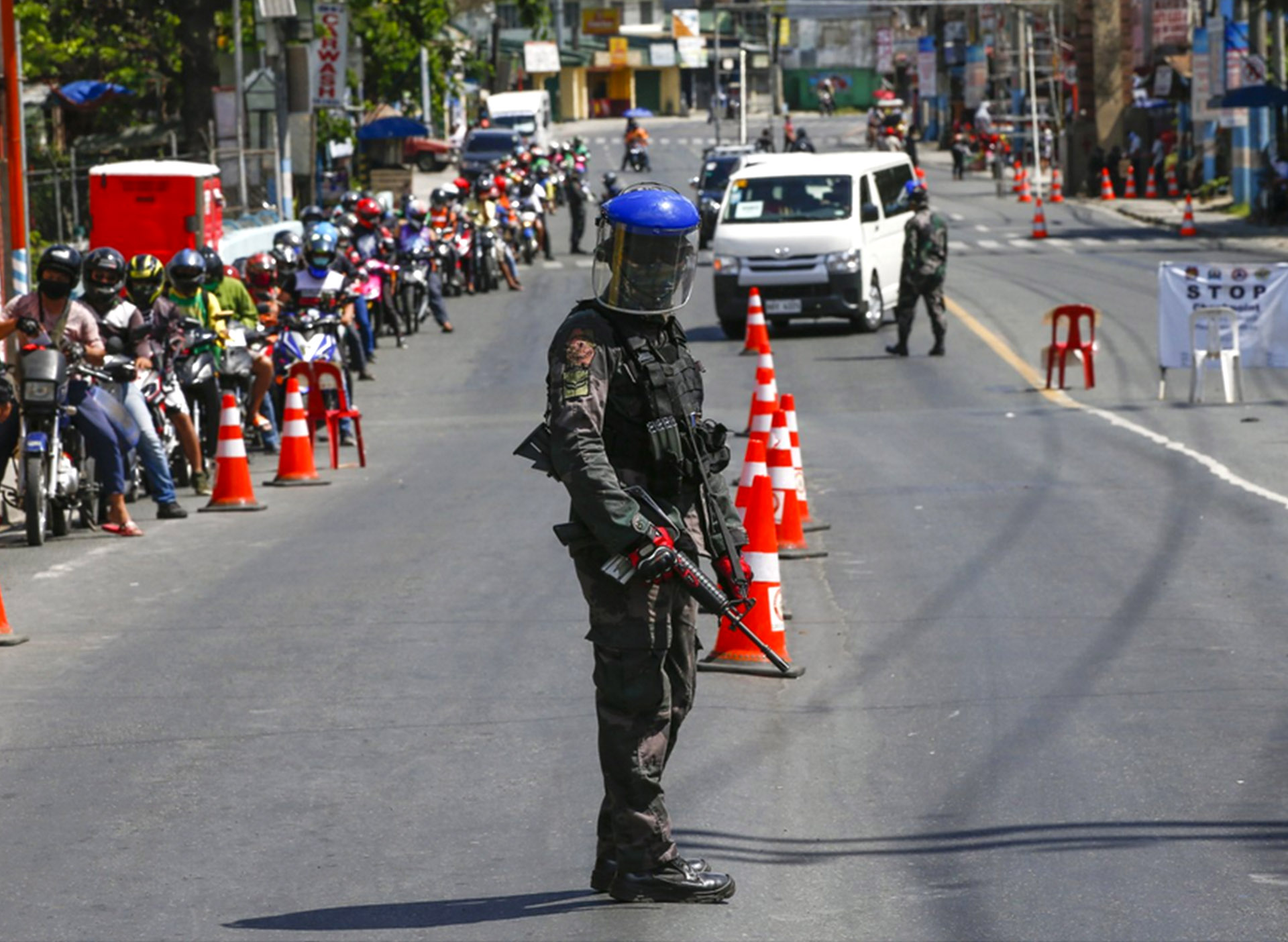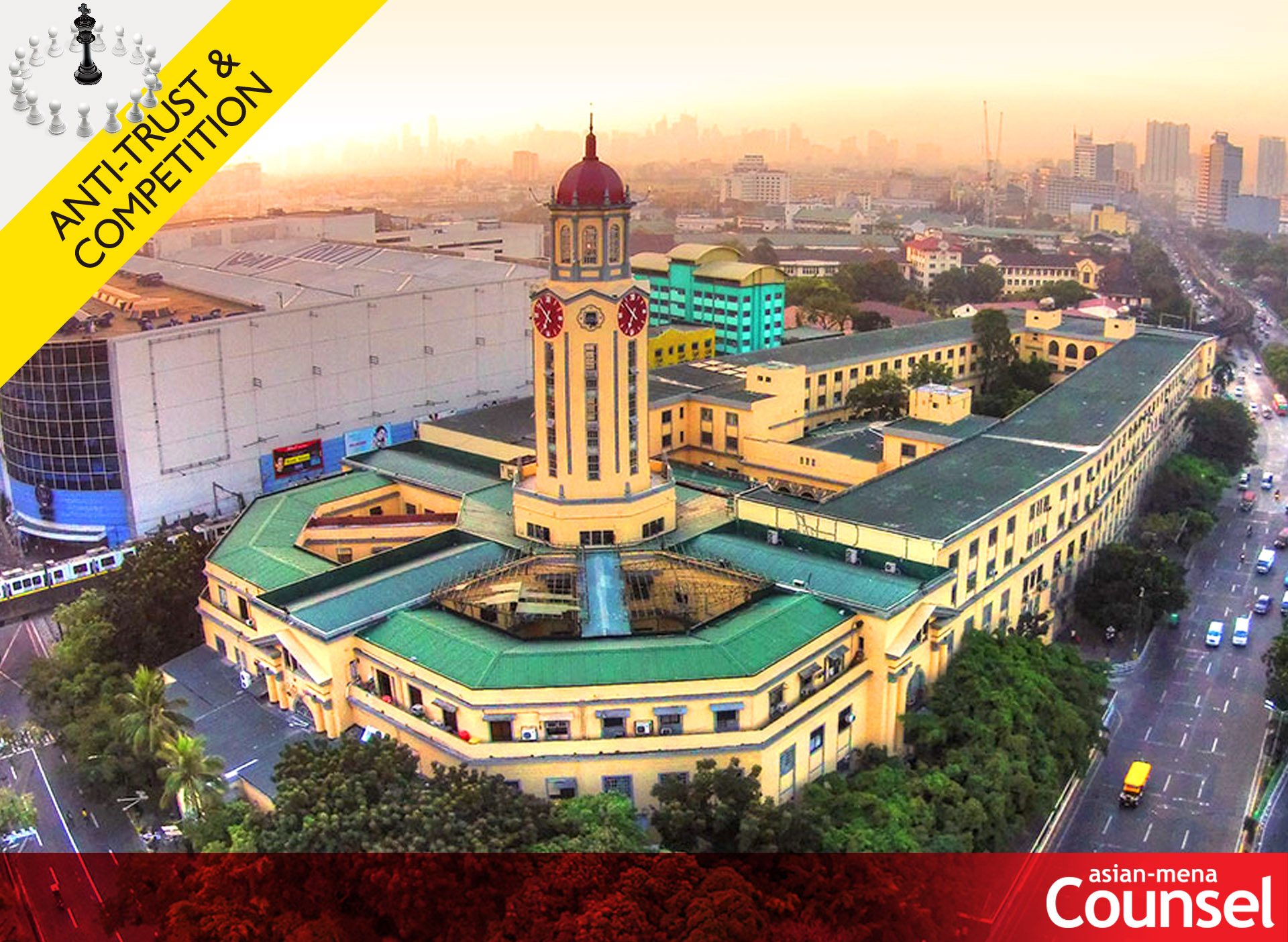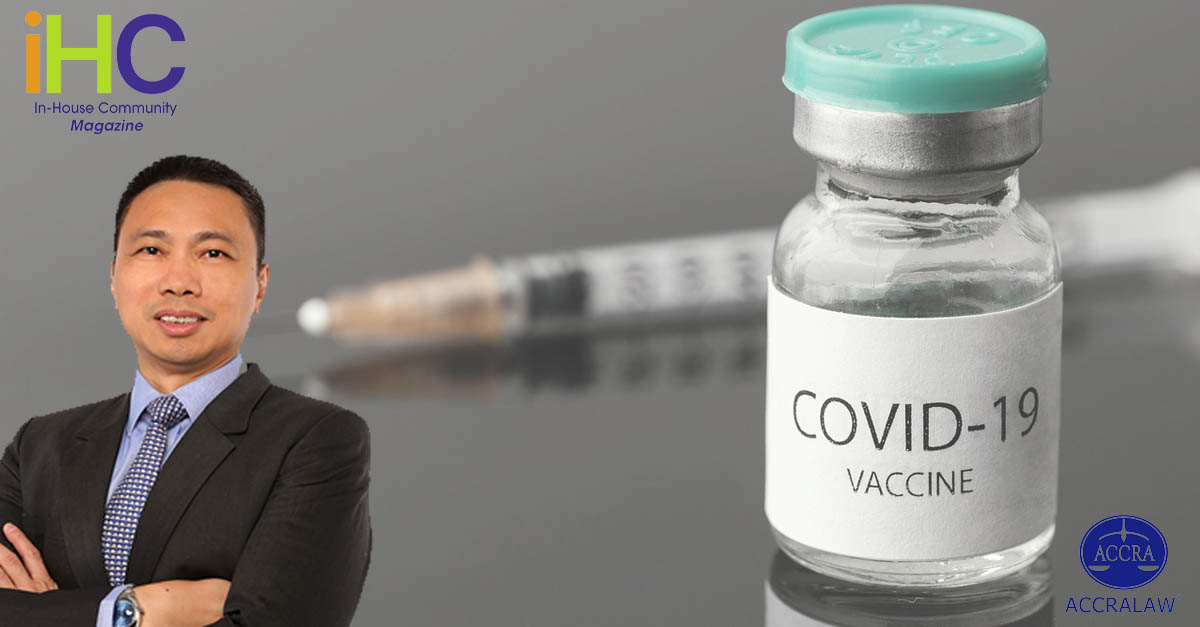
The Philippine Competition Act (PCA) went into effect on August 5, 2015.
The law applies not only to acts committed in the Philippines but also to those done offshore that have direct, substantial and reasonably foreseeable effects in the country.
The implementing authority for the new law is the Philippine Competition Commission (PCC).
Anticompetitive conduct
Violations of the PCA may either be per se or non-per se violations.
Per se violations under the law are limited to price fixing and bid rigging between or among competitors.
All other violations of the PCA are non-per se violations and shall be subject to the rule of reason analysis.
Non per se violations include agreements other than those by or among competitors “which have the object or effect of substantially preventing, restricting or lessening competition”, abuse of market dominance and prohibited mergers and acquisitions.
Per se violations are subject to criminal sanctions while sanctions for non-per se violations are limited to administrative fines and civil liability for damages.
Abuse of market dominance
The PCA does not prohibit monopolies or dominant players. What it proscribes is abuse of dominant position.
An entity that has at least fifty percent market share is presumed to be a dominant player.
Abuse of dominant position includes predatory pricing, putting up barriers to entry and expansion, tying arrangements, price discrimination, and exploitative or excessive pricing.
Merger control
The PCA prohibits mergers or acquisitions that substantially prevent, restrict or lessen competition in the relevant market.
Mergers and acquisitions with a transaction value exceeding P1 billion (approximately US$220 million) will require compulsory notification to the PCC.
The PCC has a maximum period of ninety days to review the proposed merger or acquisition. During this period, the parties are prohibited from consummating the transaction.
If no decision is promulgated by the PCC within the period for whatever reason, the merger or acquisition shall be deemed approved and the parties may proceed to implement or consummate it.
Failure to comply with the notification requirement will make the transaction void and subject the parties to hefty administrative fines.
Implementing Mechanism
The new law adopts voluntary compliance as its main implementing mechanism. It seeks to do this by making available non-adversarial administrative remedies such as request for binding ruling and consent order.
Resort to these remedies must be made before any administrative, civil and criminal actions are filed against the parties concerned.
Forbearance and leniency
The PCC can, after public hearing, exempt certain acts from the provisions of the law for a limited period. It can also grant immunity from suit or reduce fines upon compliance with certain conditions by the party who violates the Act.
Administrative fines
The new law prescribes heavy administrative fines for violators. For the first offense, the fine can be as much US$2.2 million and up to US$5.4 million for the second offense. The fine is tripled where the violation involves the trade or movement of basic necessities and prime commodities as defined by Philippine law.
Private damage suit
A private party who is injured by a violation of the PCA may file an independent civil action for damages.
Transitory period
If there is any existing business structure, conduct or practice that is in violation of the law, the concerned entity has two years from the effectivity of the law to cure the violation. If the violation continues after the two-year curative period, the guilty party will be subjected to administrative, civil and criminal liabilities under the law.
|









































 Angara Abello Concepcion Regala & Cruz Law Offices (ACCRALAW)
Angara Abello Concepcion Regala & Cruz Law Offices (ACCRALAW) Emerico O. De Guzman
Emerico O. De Guzman







